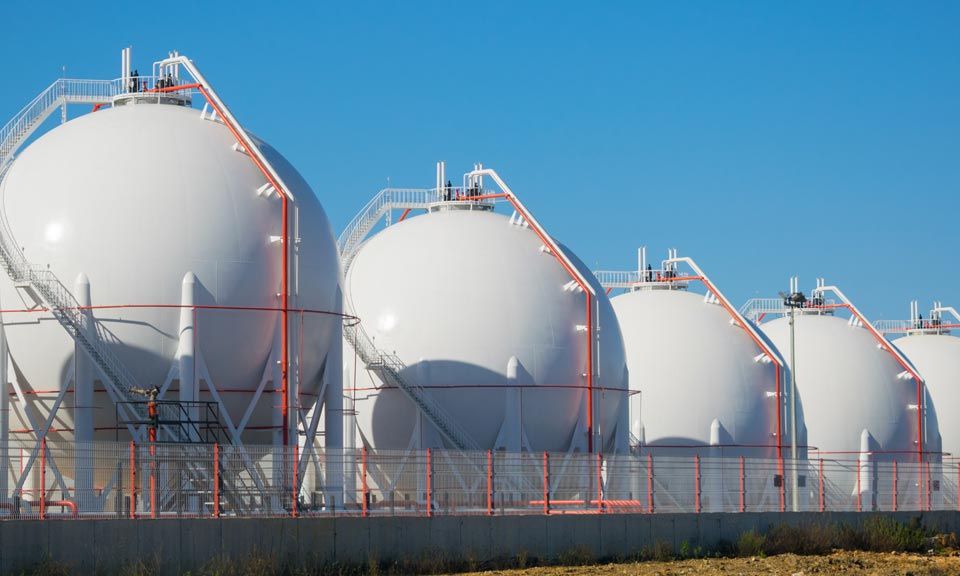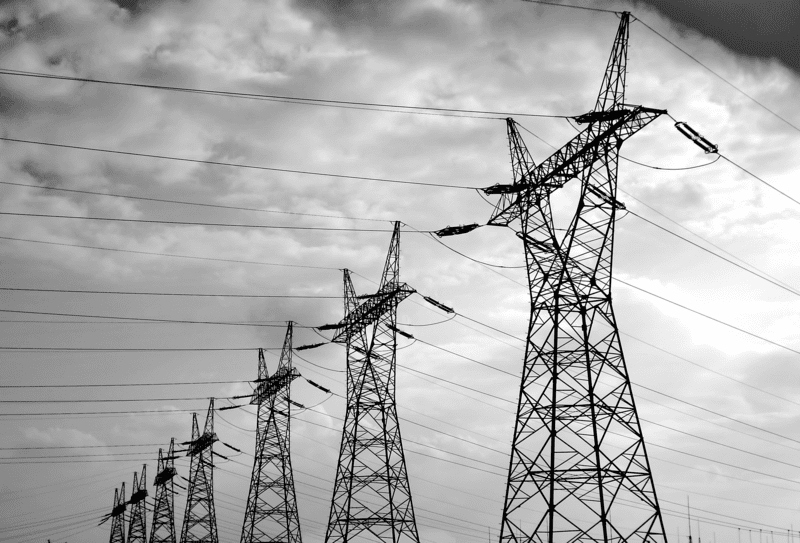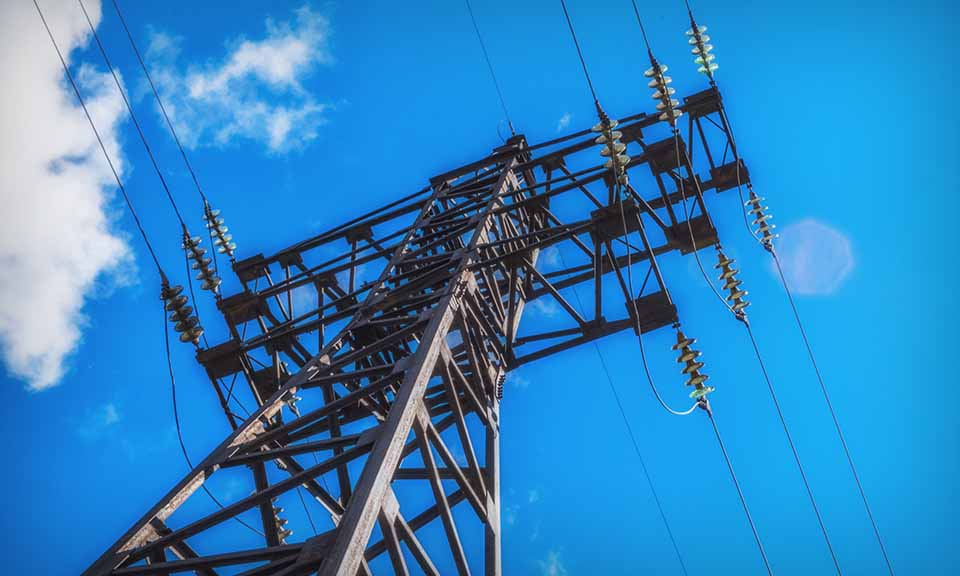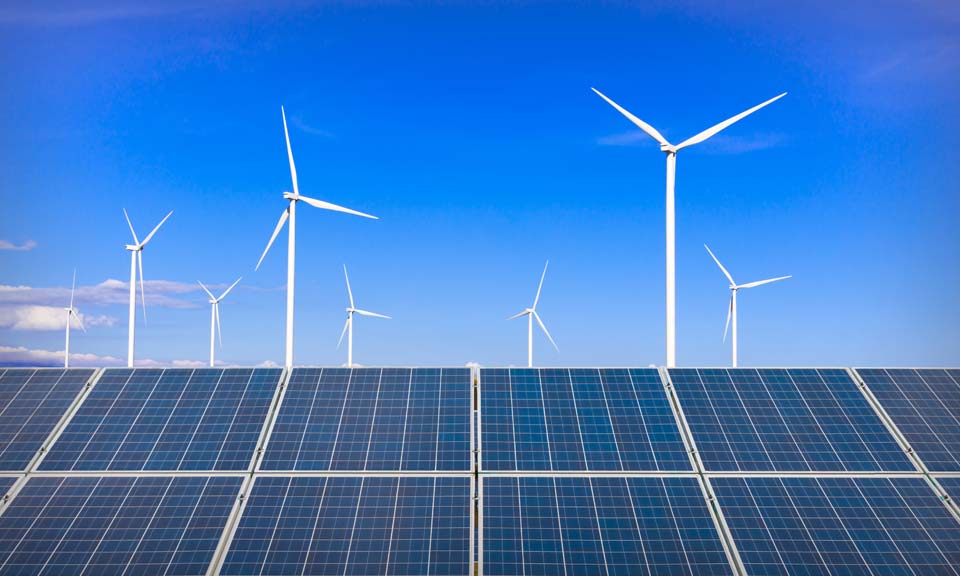Germany gas grid operator group cannot give 'all-clear' for next winter

German gas network industry association FNB Gas -- which represents 12 grid operators -- said May 16 it could not give the "all-clear" for next winter and that Germany could still suffer gas shortages in the event of cold weather.
In its review of winter 2022-23, FNB Gas said the technical capability of the transmission system operators had been "stretched to the limit."
"We can't give the all-clear for next winter either," FNB Gas managing director Inga Posch said.
Germany was one of the EU countries worst affected by the curtailment in Russian gas flows through 2022, with supplies via Nord Stream gradually reduced and then halted at the end of August.
It set itself strict storage targets last summer -- which went further than those agreed at EU level -- as part of new energy security legislation. It also advocated for 20% gas savings -- above the 15% EU target.
FNB Gas said Russia's war against Ukraine would continue to be felt on gas markets and that under certain circumstances, such as particularly low temperatures next winter, gas shortages could still occur.
"As part of their responsibility for transport, the TSOs will continue to make their contribution to security of supply in close cooperation with all stakeholders," Posch said. "We must not rest on our successful crisis management and not slacken in our efforts to diversify and save."
Posch said supply last winter was secured and shortages avoided mainly due to the mild winter and "consumption-conscious" gas customers.
Grid operators were also able to enable gas from alternative sources to find its way into Germany through network flexibility and ad-hoc measures, FNB Gas said.
To replace Russian gas, Germany turned to more imports from Norway, the Netherlands and Belgium, and also imported odorized gas from France and Switzerland for the first time.
With the commissioning of the Baltic Pipe in November 2022, export volumes to Denmark were also significantly reduced, while Germany also began direct LNG imports for the first time in December last year.
Germany also built storage sites to 100% of capacity in November last year, helping secure supply security.
FNB Gas said that hub manager THE bought and stored almost 50 TWh of gas. "By March 31, 2023, just under 12.5 TWh of this had been sold, while the remaining volumes remained in storage," it said.
Germany's gas storage sites were filled to 70% of capacity by May 14, according to data from Gas Infrastructure Europe.
High stocks through much of Europe have helped keep a lid on European gas prices in recent months.
Platts, part of S&P Global Commodity Insights, assessed the benchmark Dutch TTF month-ahead price at Eur32.03/MWh May 15, the lowest level since June 2021.
Despite high stock levels, German industry association INES said in April that in the event of a cold winter, sites could be fully depleted by January 2024, potentially leading to shortages.
Separately, the German energy regulator Bundesnetzagentur on May 16 launched a consultation on the country's draft gas network development plan 2022-2032.
The revised plan was published in March to reflect Germany's shift away from Russian gas and increased imports of LNG.
It also takes into account the continued demand reduction effort from German gas consumers of 20%.
"In order to permanently replace Russian gas imports, the gas network must be adapted," Bundesnetzagentur President Klaus Muller said.
"It is proposed to expand the network in order to be able to reliably transport future LNG volumes. The aim is to make the grid fit for greater diversification of our gas sources," Muller said.
In the draft, the transmission system operators propose to use the German transmission system for the transport of gas from German LNG plants and at the same time higher imports from neighboring western European countries, particularly the Netherlands and Belgium.
Network users and other stakeholders are invited to submit comments on the draft plan by June 13.
"Subsequently, the regulator may request changes to the network development plan," it said.

News
A total solar eclipse will cross North America on April 8, resulting in heavily reduced solar power plant output. It will differ from an annular eclipse in that the sun will be entirely blocked by the moon, rather than partially blocked with a visible halo of sunlight. Power markets in Texas and the Mid-Atlantic region are expected to see the biggest impact in solar-powered generation. Related feature: US solar eclipse expected to significantly reduce solar power output in several markets (subscriber content) Click here for the full-size infographic

News
For access to all regions of the US Power Tracker series, subscribe to Platts Connect . (Latest update April 2, 2024) California power prices reached a 15-year low in March as mild weather and lower demand pulled down prices, while Pacific Northwest’s below-normal snowpack is expected to lead to continued weak hydro conditions even as forward trend lowers. Strong mid-day solar output drove California’s gas generation down to minimum levels and congestion of outbound flows from Southern California led to curtailments, Morris Greenberg, senior manager with the low-carbon electricity team at S&P Global Commodity Insights, said. Full feature: US POWER TRACKER: West prices plunge on strong renewables, weak demand (subscriber content) Click here for the full-size infographic
News
Japan's largest power producer tests ammonia as new fuel Energy transition highlights: Our editors and analysts bring together everything you need to know about the industry this week, from renewables to storage to carbon prices. JERA -- Japan's largest power generation company and one of the world’s largest power utilities --started testing ammonia cofiring at one of its largest thermal power plants this week. The project paves the way for the use of ammonia in the power sector on a commercial scale that has never been done before. Currently, ammonia is a largely a feedstock for fertilizer production with some of it going into chemicals. However, ammonia can be combusted with zero carbon emissions and it is one of the pathways being explored for the transportation of hydrogen as it has existing trade flows that can be expanded. These factors allow ammonia to become as an energy transition fuel. JERA started testing ammonia cofiring at its 1 GW No. 4 coal-fired unit at Hekinan thermal power plant in central Japan from April 1, to be carried out through June using about 40,000 mt of ammonia. The 20% cofiring of ammonia is expected to be the world's first at a large commercial coal-fired power plant and is part of a four-year long pilot project. JERA has pledged to commercialize its ammonia cofiring power generation by 2030 and use 100% ammonia as fuel in the 2040s for its 2050 carbon neutrality target. Japan sees great potential in ammonia as a CO2 zero-emission fuel as the country targets to cut its greenhouse gas emissions by 46% by FY 2030-31 from FY 2013-14 levels and achieve carbon neutrality by 2050 . Price of the week: Meanwhile, the price of emission allowances in China’s national compliance carbon market hit a new record on March 29 of Yuan 90.66/mtCO2e ($12.78/mtCO2e), increasing 8.1% week on week, according to Shanghai Environment and Energy Exchange. The steady increase in Chinese carbon prices has been attributed to bullish sentiment and looming deadlines for meeting emissions obligations. Editor’s pick: Premium and free content SPGlobal.com Germany’s SHS launches green hydrogen tender for Saarland steel plants German steel producer Stahl-Holding-Saar has launched a tender to buy up to 50,000 mt of locally produced renewable hydrogen for its Dillinger and Saarstahl plants in Saarland, the company said March 26. SHS and its subsidiaries are due to produce up to 3.5 million mt/year of green steel from 2027/28. The move follows a tender from Thyssenkrupp for large volumes of clean hydrogen for its Duisburg plant in Germany from 2028. Platts Connect New open-source tool aims to inform on environmental impact of hydrogen The Open Hydrogen Initiative released March 25 an open-source tool for determining the carbon intensity of hydrogen as some industry members work to harmonize measurement methodologies. This new tool allows for the calculation of the carbon intensity of hydrogen production at the facility level based on the operational parameters of the facility and its supply chains, “capturing the nuances” of a project’s emissions, OHI Executive Director Zane McDonald Manchin, oil and gas groups urge flexibility, better coordination on methane fee Delays in implementing a fee on oil and gas system methane emissions and new greenhouse gas reporting rules are unfair to regulated companies and run counter to congressional intent, Senate Energy and Natural Resources Chairman Joe Manchin, Democrat-West Virginia, told the Environmental Protection Agency March 26. TES gets tariff, third-party exemption for German LNG, e-natural gas terminal Tree Energy Solutions has secured an exemption from tariff and third-party access regulation for its planned “e-LNG” import terminal at the Green Energy Hub in Wilhelmshaven from the German network regulator BNetzA. BNetzA has exempted the 15-Bcm/year terminal, which will import LNG before switching to green hydrogen-based “electric natural gas” (e-NG), for 20 years from the start of the operations.

News
Industry must be open to new technologies Wind, solar attack natural gas’ market share The energy industry has trapped itself with binary dialogue about being for one type of technology or another, when all resources need to work together to achieve energy transition goals, Tinker Energy Associates CEO Scott Tinker said March 22. The energy transition is not just about one technology, but rather a suite of technologies, panelists said at the CERAWeek by S&P Global energy conference in Houston. “What is nice about renewables and new technology is they're much more democratically distributed around the world,” said Andres Gluski, AES Corporation president and CEO. “The reality is a little bit more complicated. But I also think it's not rocket science.” However, the industry has to be careful about status quo because things are changing rapidly, Gluski added. “In the power industry, we're seeing once in a 100-year events, like floods and heatwaves, etc., occur every year.,” Gluski said. “The weather has changed. That’s the reality.” Industry leaders need to look at how to deliver the electricity with the lowest carbon and in most sustainable way possible, he added. Renewables versus fossil fuels Solar and wind costs have dropped remarkably over the years, Tinker said. “To make it reliable requires something sitting here waiting to back it up … and that something is expensive,” Tinker said about battery storage. “I think we have to be more open and candid about the actual cost of electricity to be integrated.” The domestic production of wind turbines is strong, with battery storage production to come, while domestic of solar panels will take longer, Gluski said. And while renewables do not generate 24 hours a day, coal is not going to come back regardless of political slogans, he added. “For a lot of these new technologies we need the regulators to be on top of it as a lot more is coming," Gluski said. The energy transition has to happen at a pace that’s politically sustainable, said David Victor, a professor of Innovation and Public Policy with the School of Global Policy and Strategy at University of California, San Diego. “I'm really concerned that we are overweighting the familiar,” Victor said. “We are overinvesting in things we know how to do and probably underinvesting in things that we don't yet know how to do.” Glue that holds it together “We got to figure out the glue that holds all this together,” said Hunter Hunt, chairman and CEO of Hunt Energy. There will be less natural gas needed than the industry thinks, but more than environmentalists think, he added. “Wind and solar are absolutely attacking natural gas’ share and they've decimated coal in the industrialized world,” Hunt said. “If natural gas is going to be a transition fuel, the industry needs to do its part to make sure that we're doing it in the right way. The future of energy can be seen in Texas today, Hunt said about the battery storage growth happening. There such a diversity in approaches with new technology and “we need all of it,” said Evelyn Wang, director of the Advanced Research Projects Agency-Energy with the United States Department of Energy. Houston, we have an opportunity “One of the things that is different today versus this time last year, is just explosion of activity in energy transition-related projects in Houston and Gulf Coast,” said Bobby Tudor, CEO Artemis Energy Partners and chairman of the Houston Energy Transition Initiative. “We have enormous competitive advantages here in this region to be a leader, and it's up to us to intentionally do that. … We intend to continue to exploit that advantage.” Texas has the largest concentration of technical talent in the world related to energy systems, Tudor said, adding the state is well positioned for the task due to its ports and access to wind and solar resources. A lot of the development in Texas has to do with permitting and the ability to get projects permitted and done, Tudor said, adding that process is much more difficult in rest of the country. The catch phrase should be “Houston, we have an opportunity” instead of “Houston, we have a problem,” said Atul Arya, S&P Global Commodity Insights senior vice president and chief energy strategist.